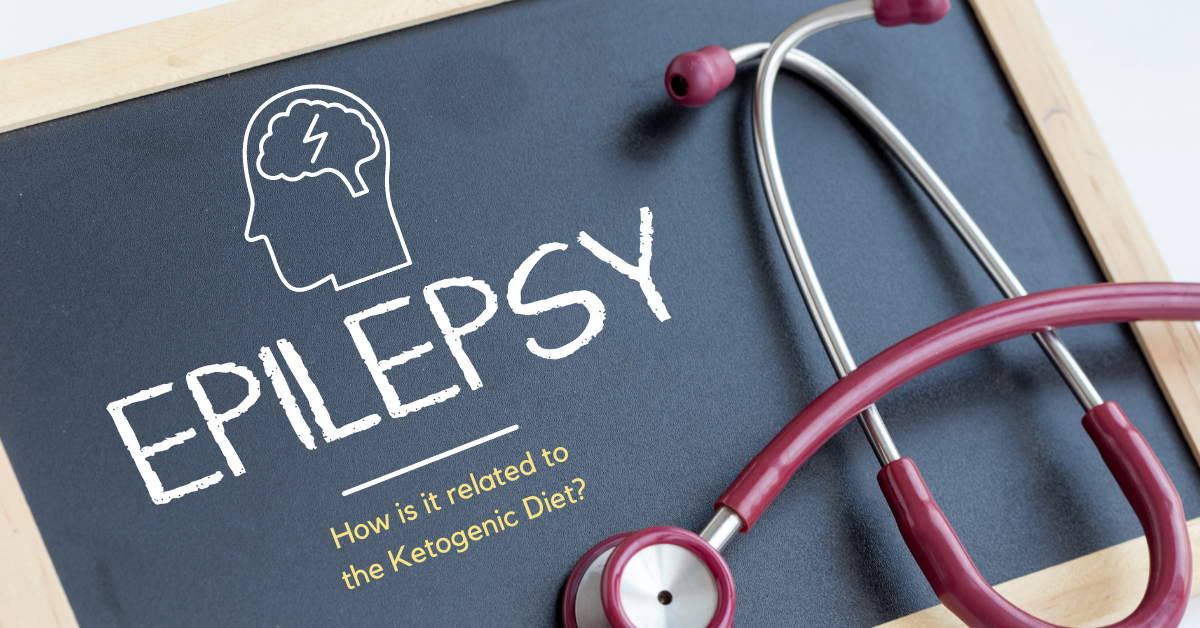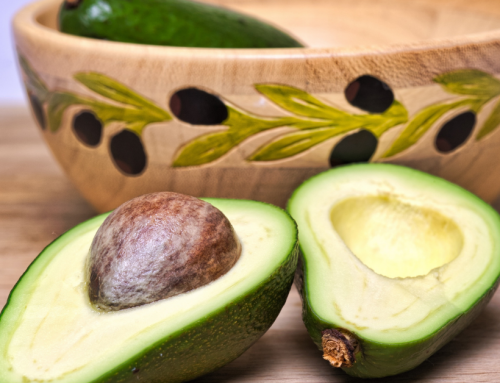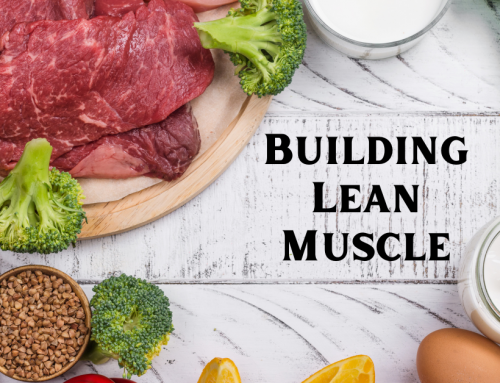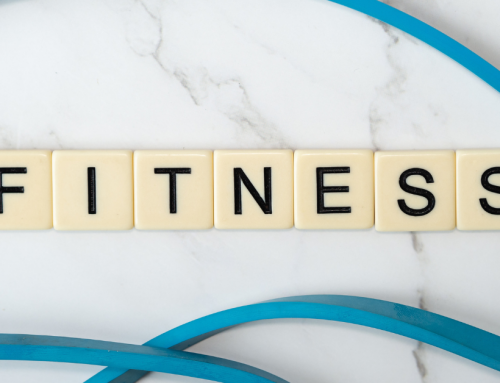The relation between the Ketogenic Diet and Epilepsy
What is EPILEPSY?
Epilepsy is a neurological condition involving the brain that makes people more susceptible to recurrent, unprovoked seizures. Epilepsy does not discriminate; it affects people of all ages, races, and ethnic backgrounds. The investigation into alternative treatments for individuals who have epilepsy dates back as far as 1921. For people with epilepsy, the Ketogenic diets, Atkins, and low glycemic diets have been used as treatments.
These dietary treatments have been studied for the short term but yield the same message: children had at least a 50% reduction in seizures after changing their diets over a six-month study. Astonishing numbers like this sparked curiosity in healthcare professionals and fuels the ongoing research into treating people with epilepsy by simply changing their diets to a high fat, low carb.

The Medical Support That Exists
The Abstract of the Trial
The ketogenic diet has been used since the 1920s to treat children with drug-resistant epilepsy. Therefore, I stumbled upon some pretty cool published medical research. One particular article published by Pubmed.com aimed to test the efficacy of the ketogenic diet in a randomized controlled trial.
The Methods
A medical trial is typically over a lengthy period. This specific article allowed people to enroll randomly in research studies from December 2001 to July 2006. Children ages 2-16 participated in this trial. Their previous medical attempts at intervening on their seizures with two antiepileptic drugs had failed. These people had not yet tried the ketogenic diet as a treatment to control seizures.
The pubmed.com article said this:
“Children were seen at one of two hospital centers or a residential center for young people with epilepsy. Children were randomly assigned to receive a ketogenic diet, either immediately or after a 3-month delay, with no other changes to treatment (control group). Neither the family nor investigators were blinded to the group assignment. Early withdrawals were recorded, and seizure frequency on a diet was assessed after three months and compared with the controls. The primary endpoint was a reduction in seizures; analysis was the intention to treat. Tolerability of the diet was assessed by questionnaire at three months.”
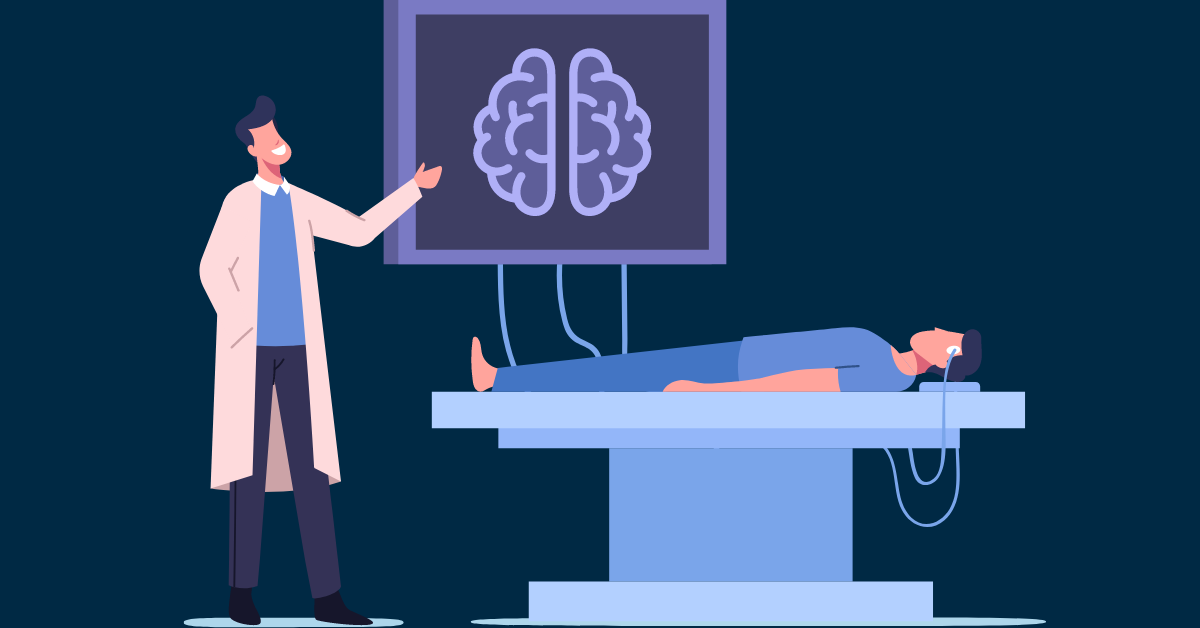
The Astonishing Findings
This trial had findings that are astonishing. Although I do not personally have any family members or close friends with epilepsy, I admire individuals willing to see beyond the pill. The findings that pubmed.com published said:
“73 children were assigned to the ketogenic diet and 72 children to the control group. Data from 103 children were available for analysis: 54 on the ketogenic diet and 49 controls. Of those who did not complete the trial, 16 children did not receive their intervention, 16 did not provide adequate data, and then withdrew from the treatment before the 3-month review, six because of intolerance. Twenty-eight children (38%) in the diet group had greater than 50% seizure reduction compared with four (6%) controls (p<0.0001), and five children (7%) in the diet group had greater than 90% seizure reduction compared with no controls (p=0.0582). There was no significant difference in the efficacy of the treatment between symptomatic generalized or symptomatic focal syndromes. The most frequent side-effects reported at the 3-month review were constipation, vomiting, lack of energy, and hunger.”
Changing your children’s diets as a medical treatment is not unheard of. Many families use dietary restrictions to help control or minimize symptoms of ADHD, psoriasis, epilepsy, autism, depression, narcolepsy, Alzheimer’s, Parkinson’s.
I read through impressive medical data proving that our diet is everything. What we put into our bodies is what we will get out. Your genetic predisposition does not have to determine what your path will look like. Whether you are born with a neurological disorder or diagnosed later in life, your story can change.
The answer is to lead a life not pre-determined by your illness. Ketogenics is a valid treatment option that doctors are exploring with their patients across many diseases.
My Personal Experience
I have invested time in researching and investigating the effects of ketogenic bores. Most people I encounter coming from a fitness account have told me that yes, “Eating clean is important,” but keto is not sustainable. We need carbs to fuel our workouts… as I watch that same person eat a cellophane-wrapped carrot cake square at 6 AM and call it breakfast. I realized that my colleagues are not interested in the science and medical interventions behind ketogenic dietary changes.
I decided that I could not consider my trainer colleagues as credible sources. Therefore, I have focused chiefly on medical journals to fuel my research.
My personal experience has collectively been that I am better when I am without inflammation from foods and I have more energy. Occasionally, I will indulge in a dessert but I only want one or two bites, then I stop. I have finally reached the point where my body rejects processed food and sugar. That rejection feels like grogginess, bloatedness, slower-moving, and slower reaction times.
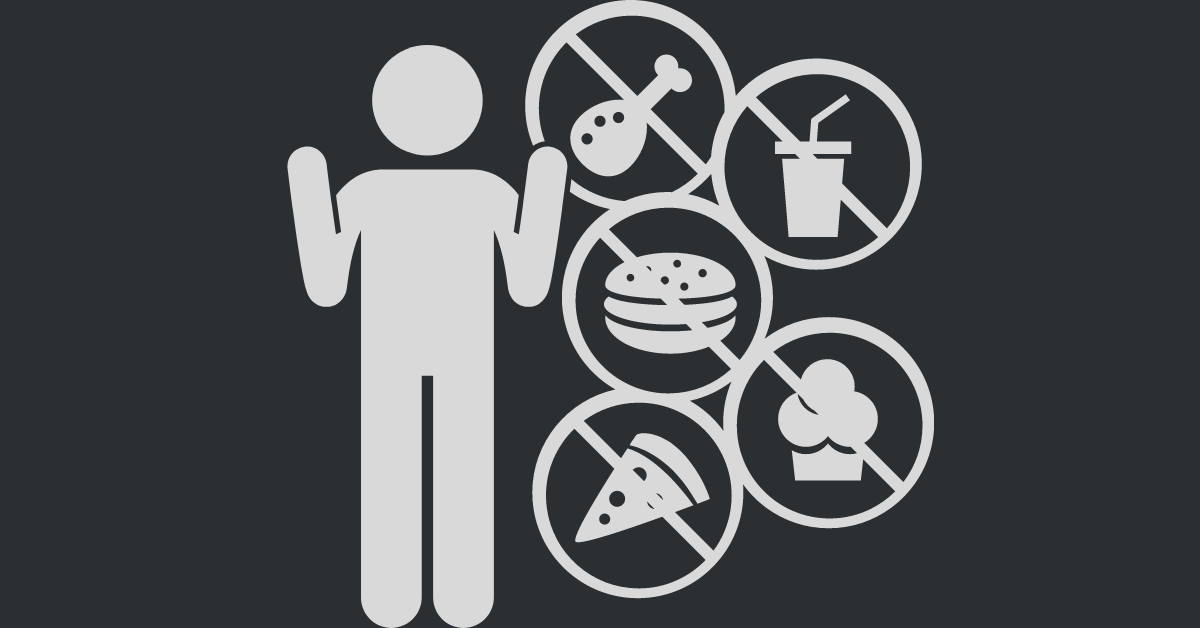
Saying no is easy for me. This time of year it gets tough, but I can say no to bad foods and alcohol without losing my social life! When I get taunted, I simply tell people that I do not like the way I feel when I eat such bad things, so I don’t do it!
The Healing Power of Food
Most will attribute a keto diet as being a “fad,” something that will go away one day, kind of like the sentiment that the Atkins Diet left behind. Most keto people are looking for a quick fix such as a dramatic weight loss in the first month, and honestly, most people will achieve that! It’s motivational to see the scale decrease so significantly and so rapidly. But, we want this to stick; we want this to be something that will change your grocery lists every week and change the choice you make when you get to go out to eater go to your next party.
Changes this powerful do not happen overnight. Changes that stick always have a learning curve.
Let’s start from the beginning and think of your body like a Lamborghini. If you are driving a Lamborghini, but putting the lowest grade fuel into it, it isn’t going to run correctly! If you are eating poorly or eating foods that make you feel bad, then it’s time to use this keto journey to do what types of things happen when you take in different foods. Once you get off your sugar high, you can start paying attention to what your body actually needs and how you feel when you eat certain things.
What I am referring to is your brain and eating good brain foods will help you in so many different ways and cure everyday ailments that some people may suffer with.
What is your mood? What is your mood when you eat sugar?
Here are some foods that are amazing for your brain and also your body:
MUSHROOMS

If you suffer from anxiety or depression, you may want to consider adding mushrooms to your daily food consumption. Usually found in the “vegetable” section of grocery stores, these have been linked to some radical medical research today. Maybe you can add them into your breakfast sandwich or your salad, or cook them for a beautiful side dish at dinner.
Mushrooms are rich in anti-inflammatory selenium, dietary fiber, antioxidants, and protein.
Medical news today says:
“New research has found that people who integrate mushrooms into their diets — even if they only consume them in small portions — appear to have a lower risk of mild cognitive impairment (MCI), which often precedes Alzheimer’s disease. In MCI, a person may experience some symptoms characteristic of Alzheimer’s disease — such as poor memory and issues with language and spatial orientation — but in a much subtler way that does not prevent them from continuing to lead a fully functional life”
Alzheimer’s is something we can talk more about later.
If you have chronic inflammation then your body is constantly in a fight or flight mode. Reducing inflammation helps your brain function better, therefore allowing it to expend energy on things that you need it for, like proper digestion, balance, and all basic motor skills. If you can find a way to incorporate mushrooms, do it!
Here’s a quick recipe because I love mushrooms! From Keto kitchen.com:

Mushroom Sauce image from myketokitchen.com
Mushroom Sauce
Ingredients:
- One tablespoon of ButterOne
- One clove of Garlic, crushed
- 1 small Onion, thinly sliced
- ½ teaspoon of Salt
- Pinch of Pepper, ground
- 7 ounces of mushrooms, thinly sliced
- Five teaspoons of Worcestershire Sauce
- One tablespoon of Dijon Mustard
- ½ cup of Heavy Cream
- Two tablespoons of fresh Tarragon, finely chopped
Procedure:
- Place a saucepan over high heat, add the butter, garlic, onion, salt, and pepper and saute until the onions turn translucent.
- Add the mushrooms and saute for 3 minutes before dropping the heat to low.
- Add the Worcestershire sauce, dijon mustard, and cream. Simmer for 10-15 minutes until the sauce thickens.
- Stir through the tarragon and serve.
*Here is another recipe from Custom Keto Diet: Keto Mushroom Stroganoff
SALMON
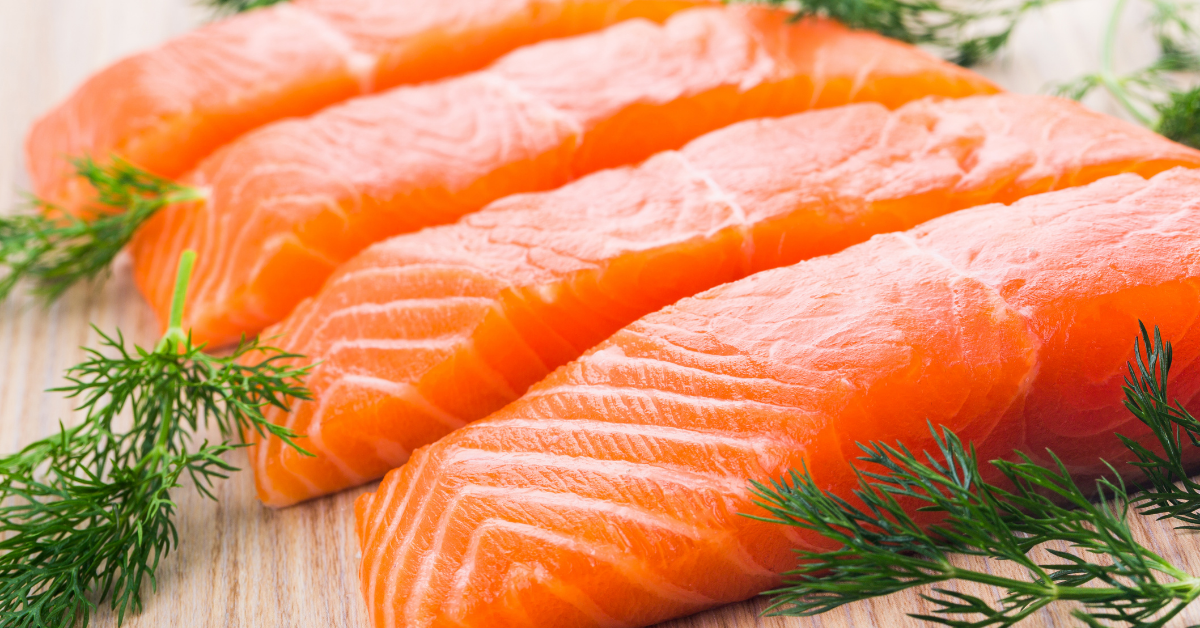
If you are not already eating salmon as a primary source of protein and fat, then you need to be. You can also eat other fatty fish like sardines, tuna, mackerel, or trout. These fish are packed with Omega 3, which is literally what makes your brain function properly! The brain is made up of 60% fatty acids; there are many varieties of fatty acids. The bulk of these fatty acids is docosahexaenoic acids, aka DHA. It is an omega-3 fatty acid found in oily fish such as salmon. The human body does not produce its own DHA. So we must acquire it through diet. Having a diet high in fatty fish such as salmon is the best way to boost your DHA to support your brain.
Omega-three fatty acids increase synaptic plasticity, which means it helps communicate the cells within the brain. Salmon also helps reduce inflammation, which, as we know, is terminal if you experience it for many years.
Sharing with you a fantastic Salmon keto-friendly recipe that you might want to try next time when you buy a filet from your local supermarket. This recipe is from jenniferbanz.com.
Creamy Lemon Garlic Salmon

Creamy Lemon Garlic Salmon image from jenniferbanz.com
Ingredients:
- 4 4 Ounce Salmon filets (skin on or skinless)
- kosher salt and pepper
- 2 Tablespoons avocado oil (Click here for my favorite brand on Amazon)
- 1 1/4 cup Heavy cream
- 2 Tablespoons Lemon juice
- Three cloves garlic, minced
- 2 Tablespoons freshly chopped parsley
Instructions:
- Heat the oil in a cast-iron skillet over medium-high heat.
- Add in the salmon filets skin side up. Continue cooking until the salmon is browned. Also until the fish easily releases from the pan. Try not to flip early, or the salmon will stick.
- Flip to the other side (skin side if your salmon has skin) and cook until the salmon skin is crispy and released from the pan.
- Remove the salmon from the pan and set it aside.
- Turn the heat of the skillet down to medium and whisk together the heavy cream, garlic, parsley, and lemon juice. Let simmer for a few minutes to thicken.
- Season with salt and pepper to taste.
- Serve the salmon with cream sauce.
*Here are some more salmon recipes from Custom Keto Diet. (Click the link to view the full recipe)
EGGS

Eggs are a unique and complete protein. Your body is using the whole egg. Everything is being absorbed and utilized. The only thing about eggs is that some people may have allergies to them. Eggs also contain tryptophan which helps improve mood, serotonin uptake, memory, and behavior.
If you are looking for an overall excellent whole food to eat, eat the whole egg! Not just the whites because there are some great vitamins and fats in the yolks. Eggs are a staple in any keto diet.
FERMENTED FOODS

Fermented foods have a positive effect on brain health. When you get your gut in check, then the pathways to your brain work better. Everyone has different bodies; each person is unique and individual, the gut biome is incredibly complex. If there is a broken signal between the gut and the brain, it can be a hindrance that profoundly impacts our lives.
Here is what Healthline.com has to say about the stomach and the brain and fermented foods, “Yogurt, kefir, sauerkraut, and cheese all contain healthy microbes such as lactic acid bacteria. Fermented foods alter brain activity.”
In conclusion, food powers the body. While some foods power the brain, support brain function and mood, it also helps people struggling with mood disorders and other ailments that affect many. You have chosen keto for weight loss and management. Still, there are many different you are reducing reasons to stick to a diet that does not center around processed and refined carbohydrates.

